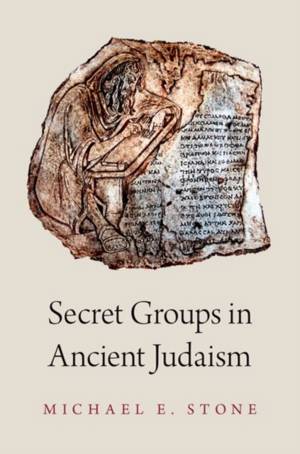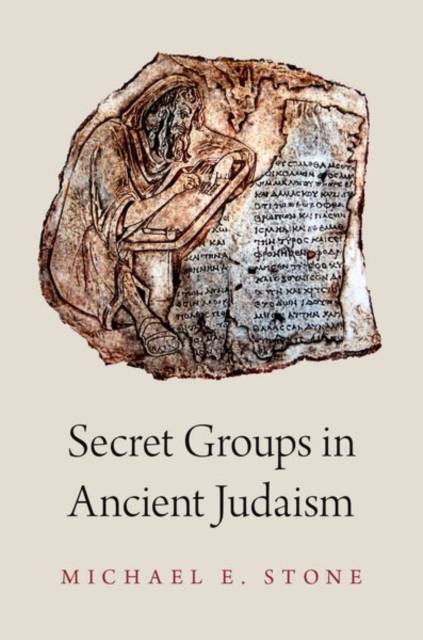
- Retrait gratuit dans votre magasin Club
- 7.000.000 titres dans notre catalogue
- Payer en toute sécurité
- Toujours un magasin près de chez vous
- Retrait gratuit dans votre magasin Club
- 7.000.0000 titres dans notre catalogue
- Payer en toute sécurité
- Toujours un magasin près de chez vous
Description
Were there groups in Ancient Judaism that cultivated esoteric knowledge and transmitted it secretly? With the discovery and burgeoning study of the Dead Sea Scrolls and particularly of the documents legislating the social structure of the Qumran group, the foremost paradigm for analysis of the group's social structure has become the "sect." This is still dominant, having replacing the monastic paradigm used by some of the earliest scholars of the Scrolls. But after studying what has been written on secret societies more generally, Michael Stone has concluded that many known ancient Jewish groups-the Qumran covenanters, Josephus's and Philo's Essenes, and Philo's Therapeutae-should be viewed as societies at the heart of whose existence were esoteric knowledge and practice. Guarding and transmitting this esoteric knowledge and practice, Stone argues, provided the dynamic that motivated the social and conceptual structure of these groups. Analyzing them as secret societies, he says, enables us to see previously latent social structural dimensions, and provides many new enriching insights into the groups, including the Dead Sea covenanters. By examining historical and literary sources, Stone uncovers evidence for the existence of other secret groups in ancient Jewish society. This line of study leads Stone not only to consider the "classical" Jewish apocalypses as pseudo-esoteric, but also to discern in them the footsteps of hidden, truly esoteric traditions cultivated in the circles that produced the apocalypses. This discovery has significant implications, especially considering the enormous growth of study of the apocalyptic in the Judaism of the Second Temple period and in nascent Christianity over the last seventy years.
Spécifications
Parties prenantes
- Auteur(s) :
- Editeur:
Contenu
- Nombre de pages :
- 192
- Langue:
- Anglais
Caractéristiques
- EAN:
- 9780190842383
- Date de parution :
- 25-10-17
- Format:
- Livre relié
- Format numérique:
- Genaaid
- Dimensions :
- 157 mm x 236 mm
- Poids :
- 399 g

Les avis
Nous publions uniquement les avis qui respectent les conditions requises. Consultez nos conditions pour les avis.






